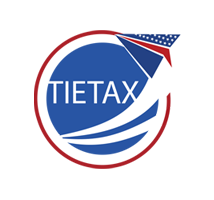W hen seeking professional support with your tax filing needs, finding the right professional is essential. According to the IRS, the difference between the three is as follows:
Enrolled agents, certified public accountants, and attorneys have unlimited representation rights before the IRS and may represent their clients on any matters including audits, payment/collection issues, and appeals.
People with this credential are licensed by the IRS and specifically trained in federal tax planning, preparation and representation. Enrolled agents hold the most expansive license the IRS grants and must pass a suitability check, as well as a three-part Special Enrollment Examination, a comprehensive exam that covers individual tax, business tax and representation issues.
They complete 72 hours of continuing education every 3 years to ensure they remain current on the tax code.
Enrolled Agents are also the only tax professionals who receive their license to practice directly from IRS and the United States Treasury.
People with this credential are licensed by state boards of accountancy, the District of Columbia, and U.S. territories, and have passed the Uniform CPA Examination. They also must meet education, experience, and good character requirements established by their boards of accountancy.
In addition, CPAs must comply with ethical requirements as well as complete specified levels of continuing education in order to maintain an active CPA license. CPAs can offer a range of services; only some CPAs specialize in tax preparation and planning.
People with this credential are licensed by state courts or their designees, such as the state bar. Generally, requirements include completion of a degree in law, passage of an ethics and bar exam and on-going continuing education.
Attorneys can offer a range of services; only some attorneys specialize in tax preparation and planning.
So which one do I need?
Enrolled Agents (EAs) are specifically skilled tax practitioners who are empowered to represent clients before the IRS and can handle matters concerning collections, appeals and audits under the authorization of the federal government.
A certified public accountant (CPA) is an expert in accounting that may or may not include a tax specialization. A tax attorney is a tax law specialist and can represent a client in a court of law.
While each designated professional can provide assistance, the best person to hire depends on what your current needs may be.
| I need a: | For: |
|---|---|
| Tax Attorney | Tax issues that must be resolved in a court of law |
| CPA | Accounting, consulting and planning, or other financial needs |
| Enrolled Agent | Specific tax needs including preparation of forms, advise on tax issues, assistance with IRS communications and even formal representation before the IRS should such a need arise. |
The enrolled agents at TieTax are seasoned professionals in expatriate (and non-expatriate) tax preparation and fully prepared to assist in your preparation, filing, and tax consulting needs!

